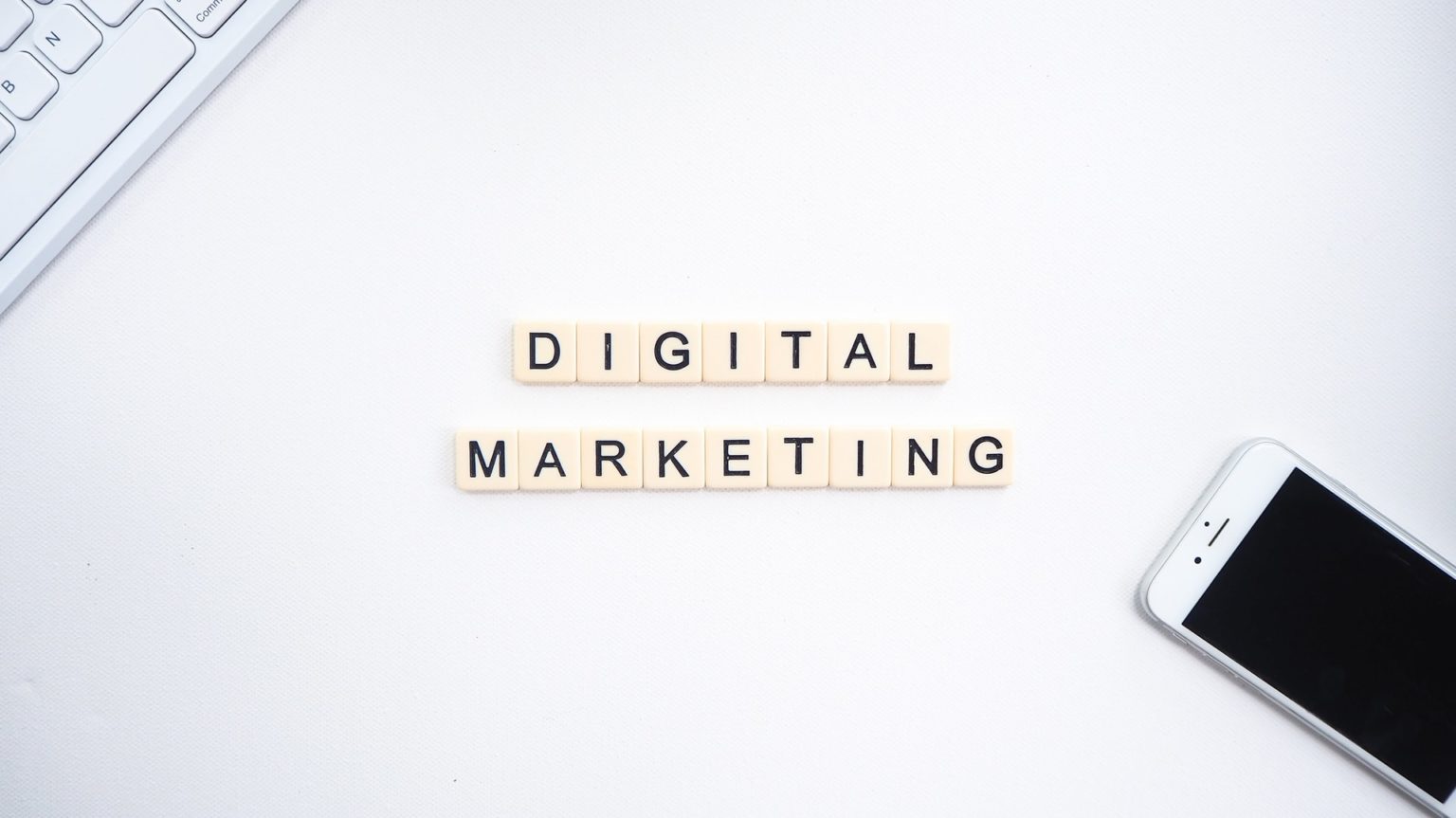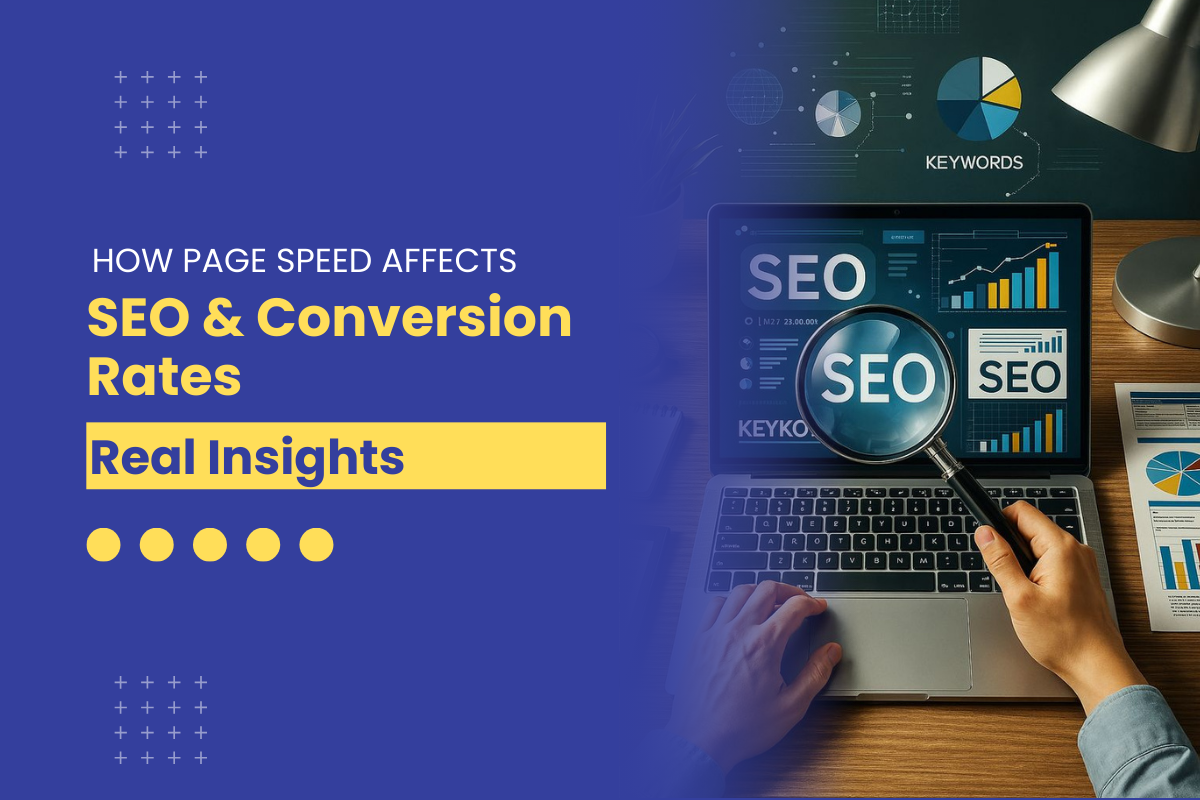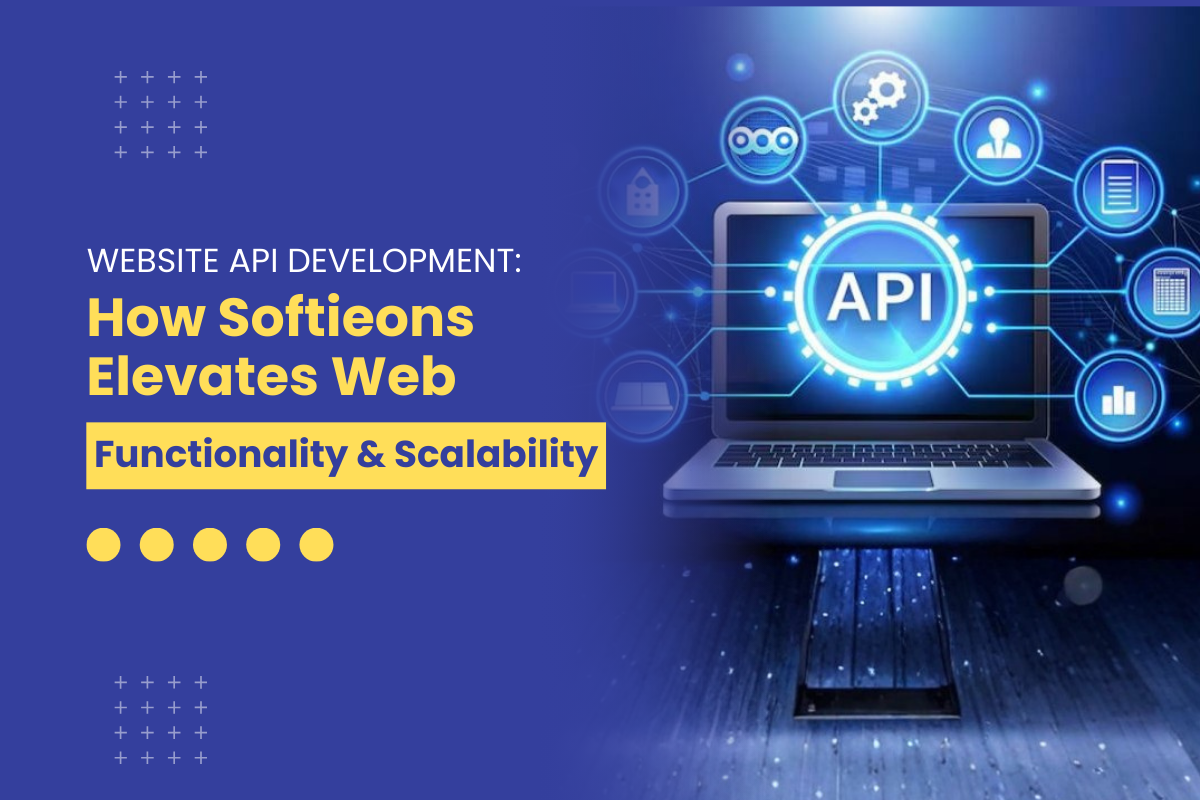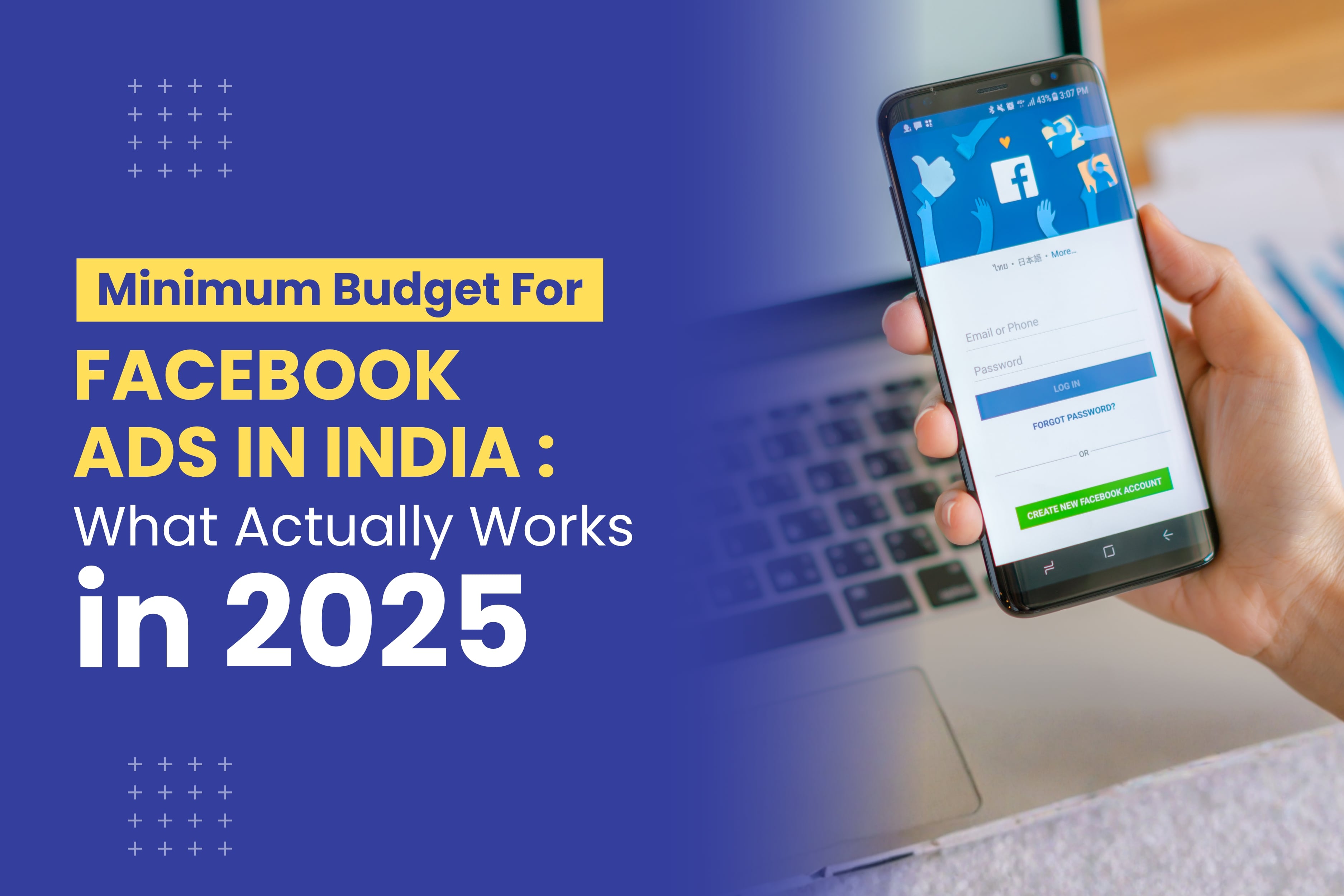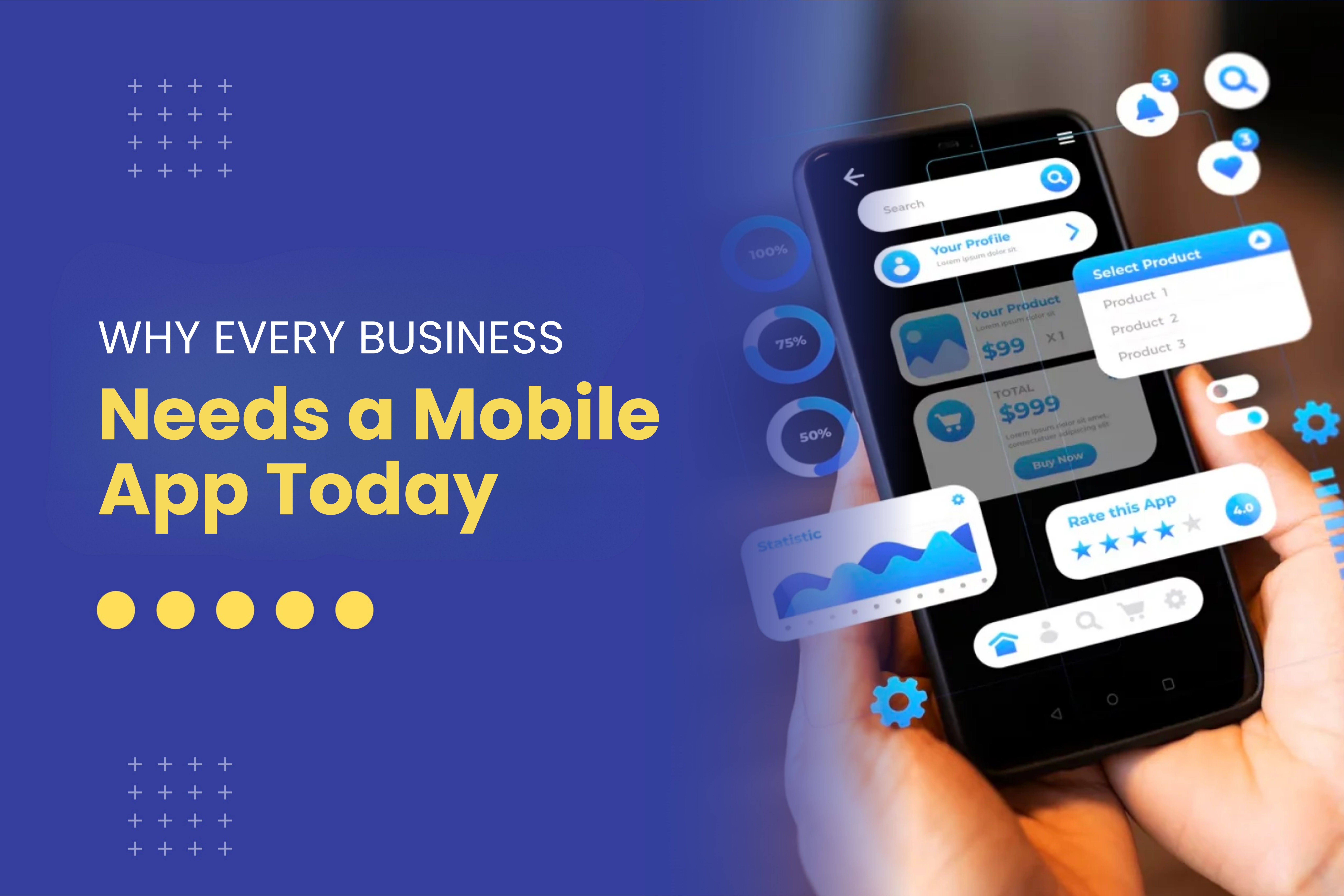The Internet of Things Impact on Big Data
Thu, 16 Dec 2021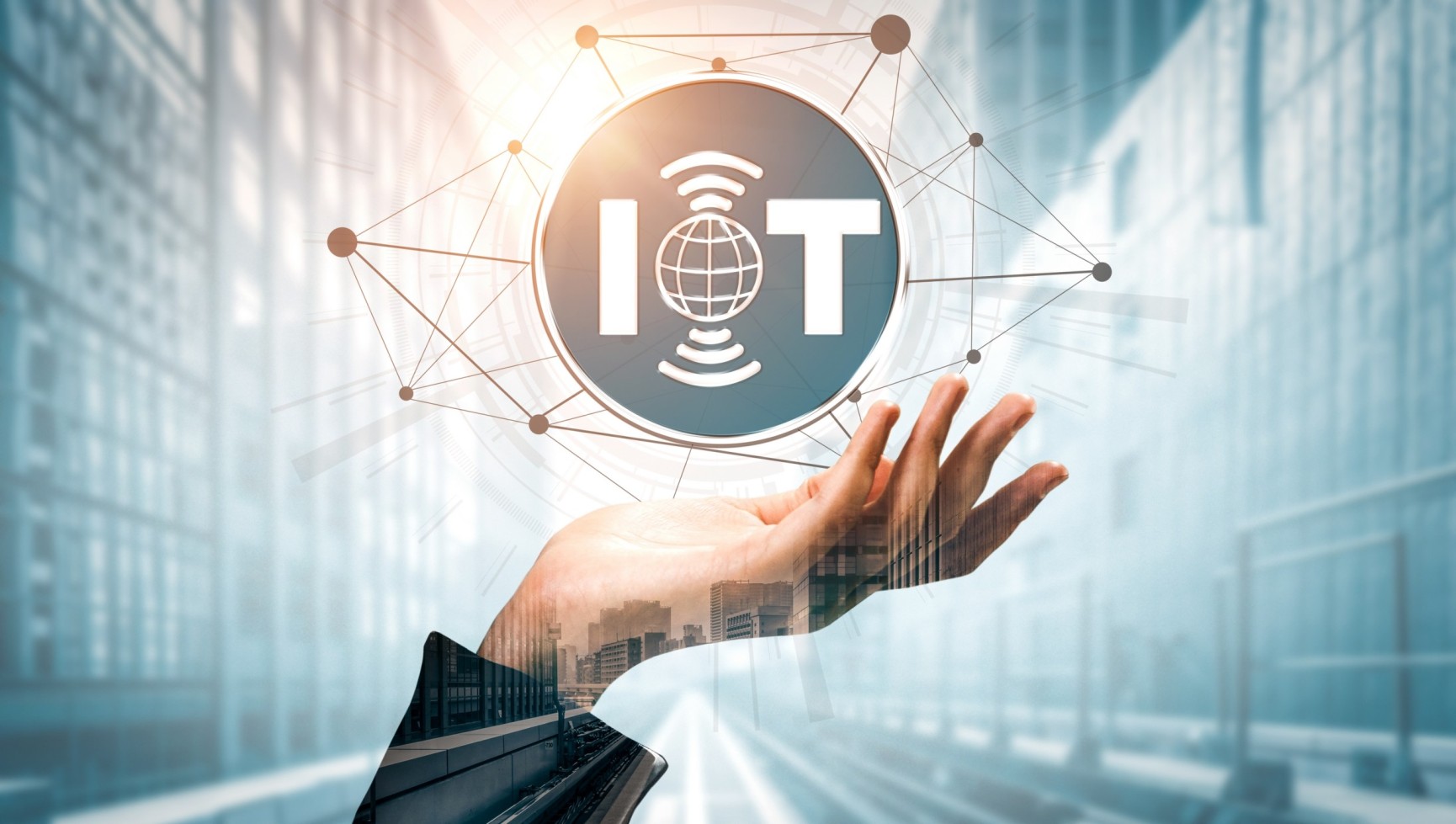
IoT-connected gadgets
generate massive amounts of data. As a result, how organizations manage and use
big data will determine the impact and benefits of IoT. Because the technology
is only increasing in popularity and usage, we can anticipate firms to be
forced to modernize their processes, technologies, and security measures.
IoT and big data are
inextricably linked. Almost every device we use and surround ourselves with is
connected to the cloud in some way, sharing every last bit of our data. Smart
farming, e-health, smart retail, smart homes, smart cities, and smart
environment are just a few of the current IoT applications.
These apps create a lot
of data, which businesses collect in order to improve their business workflows,
improve customer experience, and stay relevant in the face of ever-increasing
competition. This means that the Internet of Things has a direct impact on
data, causing it to grow in quantity (thus big data), and it is critical for organizations
to draw correct insights in order to make informed business decisions.
Scope
IoT has transformed
science fiction into reality, and it has become a vital part of our daily life.
The various advantages provided by technology are unimaginable. The Internet of
Things (IoT) is a new way of connecting machines. We may expect technology to
advance to the point where automated services and systems become the standard,
as well as play a more active role in offering comfort and ease. As a result,
big corporate leaders throughout the world, as well as startups, are spending
extensively on data collection technology. Their goal is to use large data
generated by sensors, actuators, and cameras to acquire actionable insights via
big data analytics.
Impact
First and foremost,
IoT-connected devices generate massive amounts of data that necessitate
storage. Businesses are being forced to transition to PaaS to meet this need
(Platform as a Service). PaaS is a cloud-based platform that allows businesses
to store an unlimited amount of data. Within a PaaS, there are three
sub-categories: private, public, and hybrid. Businesses can choose the right
form of PaaS for them based on the nature of the data they collect.
Businesses have always
struggled with security and privacy challenges. The study on IoT security
breaches is adequate to demonstrate the vulnerabilities in an IoT ecosystem. As
a result, businesses must stay current with technologies that ensure the
security of both data and equipment. Hackers will undoubtedly try their hardest
to gain access to IoT devices and data in the future. However, if the company
has worked hard to build layers of protection that respond quickly, these
dangers can be easily countered.
Finally, and maybe most
importantly, is real-time analysis of IoT data. The entire process of data
collecting and data security will be in vain if no procedure or system is in
place to conduct proper data analysis. As a result, it is critical for
businesses to employ the appropriate analytics tools in order to get in-depth
and meaningful insights from their IoT data.
IoT has a huge impact on
big data, from data collecting to data security to data analysis. Any company's
performance is determined by how well it uses the right analytics tools to
leverage huge data created by IoT devices.
POPULAR POSTS
The Difference between Digital Marketing and Advertising
Wed, 07 Apr 2021Why UX And UI Is Important For Mobile Application Development
Sat, 01 May 2021How Chatbot Development Is Transforming Customer Service
Thu, 06 May 2021Top Hosted Ecommerce Platforms of 2020
Wed, 07 Apr 2021RECENT POSTS
How Page Speed Affects SEO & Conversion Rates | Real Insights 2026
Tue, 27 Jan 2026Website API Development: How to Boost Scalability & Functionality
Tue, 27 Jan 2026Minimum Budget for Facebook Ads in India in 2025 – What Works
Tue, 20 Jan 2026How PHP and Laravel Help Build Secure Websites | PHP Security
Tue, 20 Jan 2026Why Every Business Needs a Mobile App Today – Simple Guide
Tue, 20 Jan 2026
